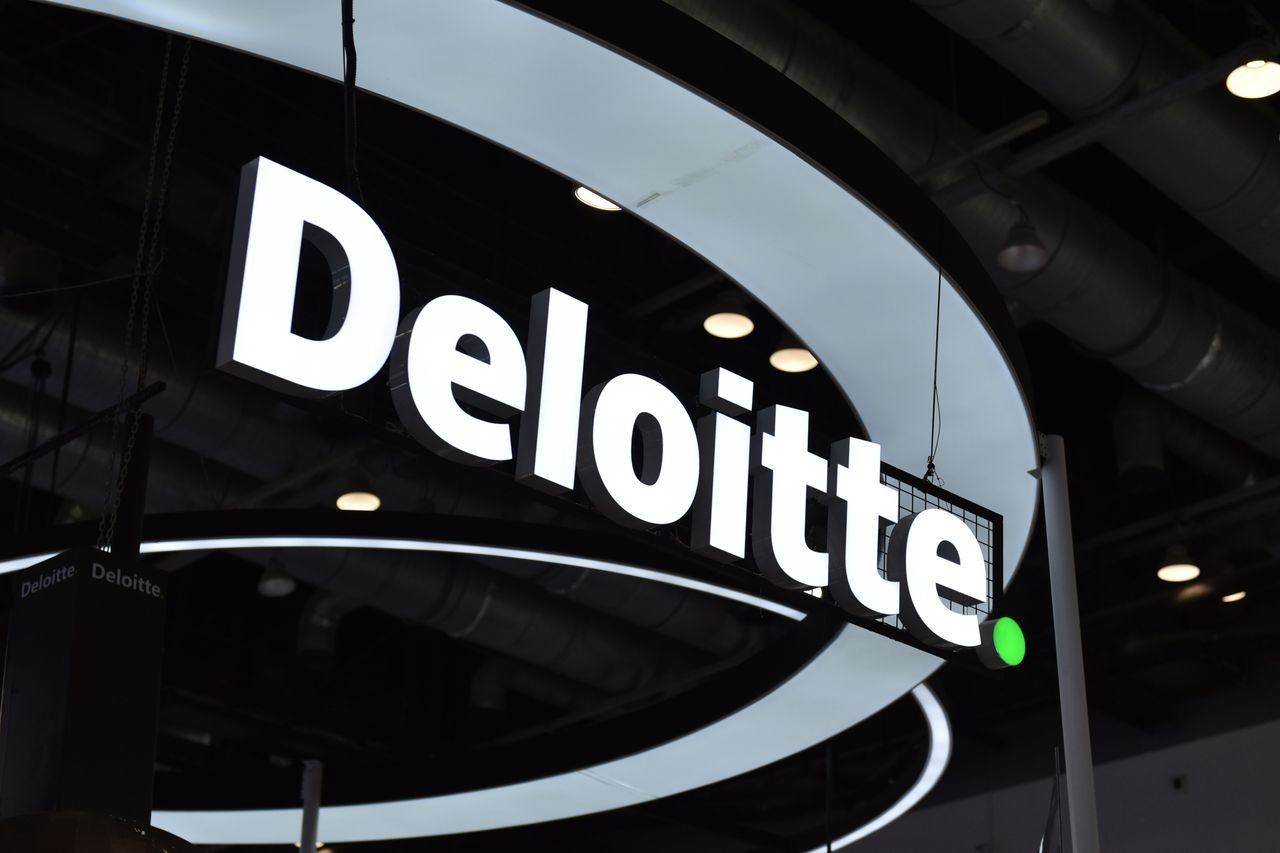
Sustainability and ESG News
SEC Approves First U.S. Green Stock Exchange
The U.S. Securities and Exchange Commission (SEC) has approved the Green Impact Exchange (GIX), the first U.S. stock exchange dedicated to sustainability. Set to launch next year, GIX aims to meet the growing demand for sustainable investments.
Germany’s 2025 Coalition Agreement: Key ESG Takeaways
Germany’s new coalition agreement outlines major shifts in energy and climate policy. It reinforces the country’s path toward decarbonization with specific targets, timelines, and investment plans.
EU's Tariff Retaliation and ESG Implications
The European Union's recent imposition of tariffs on U.S. goods marks a significant development in the ongoing trade tensions. This article delves into the specifics of the tariffs, their broader implications, and other key ESG updates.
Simplifying Sustainable Finance for SMEs: Platform on Sustainable Finance Report
Small and Medium-sized Enterprises (SMEs) are key players in Europe’s sustainability transition but face challenges in accessing green finance. A proposed SME Sustainable Finance Standard aims to streamline financing processes, making it easier for SMEs to secure funding for sustainability efforts.
PwC’s State of Decarbonization Report: The Strategic Path to Net Zero
Decarbonization is not just a necessity for the planet but a strategic opportunity for businesses. This article explores how companies can align their decarbonization efforts with growth, profitability, and stakeholder trust.
Understanding the Net-Zero Standard V2: Key Insights for Businesses
The Science Based Targets initiative (SBTi) has released the consultation draft of its Net-Zero Standard V2, aimed at helping businesses set clear, science-backed targets to reach net-zero emissions. This draft outlines the necessary steps and criteria for companies to follow in reducing their carbon footprint and achieving net-zero by 2050.
Japan Aligns with Global Trends: SSBJ Rolls Out New ESG Disclosure Standards
The Sustainability Standards Board of Japan (SSBJ) has issued its first set of sustainability disclosure standards aimed at aligning Japanese practices with international benchmarks. These standards, rooted in the International Sustainability Standards Board’s (ISSB) framework, aim to ensure comparability and enhance transparency in corporate sustainability disclosures.
The Resilient Future of ESG: Insights from the Ispos ESG Council
Despite headlines suggesting the demise of ESG, the reality is a strategic reset rather than a retreat. Senior sustainability leaders emphasize the ongoing transformation and the critical challenges and opportunities ahead.
S&P Global Insights: 2025 ESG Trends
The year 2025 is set to be pivotal for ESG (Environmental, Social, and Governance) trends, with significant developments expected across various sectors. This article highlights the top trends that will shape the ESG landscape, offering insights into the challenges and opportunities ahead.
EBA's New Guidelines: A Step Forward in Managing ESG Risks for Banks
The European Banking Authority (EBA) has released comprehensive guidelines for banks to manage Environmental, Social, and Governance (ESG) risks. These guidelines aim to ensure the financial stability of institutions as the EU transitions towards a sustainable economy.
Yale Insights: The Impact of ESG News on Investors
Investors are increasingly attentive to ESG (Environmental, Social, and Governance) news, but primarily when it impacts financial returns. A recent study from Yale School of Management reveals that retail investors' trading behavior is significantly influenced by ESG-related news events.
KPMG Releases 2024 ESG Due Diligence Study
A recent KPMG study reveals that 61% of investors in the European Market for Alternative Investment Funds (EMA) prioritize ESG due diligence, driven by the potential for monetary gains.
Missouri Court Blocks Anti-ESG Rules
A Missouri Court has issued a permanent injunction against the state’s anti-ESG rules, marking a significant victory for proponents of ESG investing. The ruling highlights the ongoing legal battles surrounding ESG regulations and the implications for the financial industry.
SBTi’s New Stance on Carbon Credits: A Shift in Corporate Net-Zero Targets
Earlier this year SBTi caused controversy by suggesting they would allow the use of Environmental Attribute Certificates to scope 3 emissions. In new publications by the organization, there are suggestions that this move is being reversed. The implications of this will be the need for new and clearer guidance by SBTi on the use of carbon credits and for companies whom were earlier relying on the use of credits to achieve reduction targets to rethink this.
PwC’s Inaugural Global CSRD Survey 2024: The Promise and Reality of CSRD Reporting
According to PwC’s Global CSRD Survey 2024, Dutch companies are leading in readiness and confidence for implementing the new Corporate Sustainability Reporting Directive (CSRD). An impressive 79% of Dutch businesses expect to comply with the CSRD on time, significantly surpassing the global average of 63%. This optimism is fueled by progress made in CSRD implementation, even as challenges related to data quality, value chain complexity, and human resources persist
ESMA Urges Companies to Prepare for New CSRD Sustainability Reporting Requirements
The European Securities and Markets Authority (ESMA) has issued a Public Statement urging companies to prepare for the new Corporate Sustainability Reporting Directive (CSRD) requirements. The CSRD expands sustainability reporting obligations for over 50,000 companies, emphasizing governance arrangements, materiality assessments, and data collection systems. ESMA highlights the importance of readiness to meet detailed reporting standards and conduct double materiality assessments.
ESG Considerations in M&A: Navigating the Changing Landscape
In the ever-evolving landscape of Mergers & Acquisitions (M&A), environmental, social, and governance (ESG) factors are gaining prominence. Deloitte’s 2024 M&A Trends Survey reveals that successful dealmakers embrace uncertainty, prioritize value creation, and bridge gaps between private equity and corporate approaches. By understanding and leveraging ESG considerations, companies can navigate the changing M&A landscape effectively.
EU Launches €650 Billion Climate City Capital Hub to Drive Net-Zero Goals
The European Commission has launched the Climate City Capital Hub to provide financial support and advice to cities aiming for climate neutrality. With a €650 billion investment target, this initiative will leverage public and private capital, supported by the European Investment Bank (EIB). A group of 112 cities committed to eliminating their net greenhouse gas emissions by 2030 will require a combined €650 billion in investments to fulfill this pledge, according to a European Union initiative.
Australia’s Regulatory Push Against Greenwashing
Australia is implementing strict ESG labeling requirements to combat greenwashing and promote transparency in sustainable investments. The regulations also include climate disclosure guidelines for large businesses and financial institutions. By 2027, Australia aims to create a robust ESG framework that aligns with global standards and fosters responsible capital flow. These measures reflect Australia’s commitment to authentic ESG practices and investor protection, positioning the country as a responsible financial hub in the APAC region.
EU Election Results and their Impact on ESG Investing
The recent European Union (EU) parliamentary elections have caused ripples in the sustainable investing world. With a notable shift towards right-wing and nationalist parties, the future of the EU’s ambitious sustainable agenda is now uncertain. The 2019 EU elections were dubbed a “green wave,” but this time, the Greens suffered losses, reflecting voter disenchantment with the perceived costs of the green transition. Populist parties are skeptical of the EU’s climate agenda, potentially affecting policies like the 2035 ban on new petrol and diesel cars. The fate of the EU’s Green Deal hangs in the balance, as right-wing parties gain influence in the European Parliament.




















